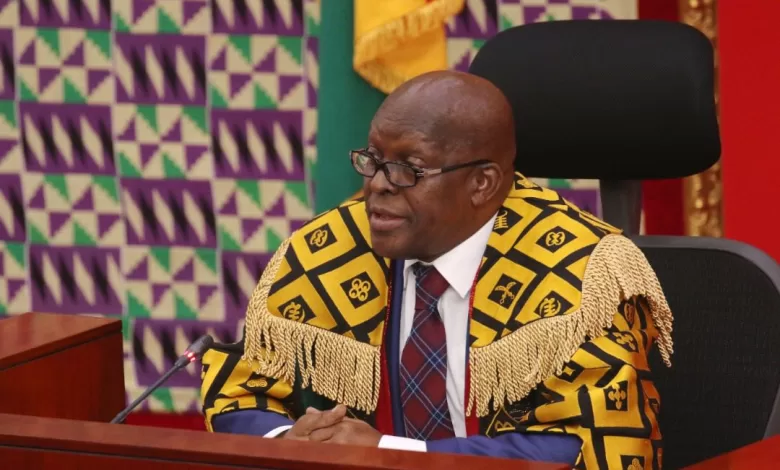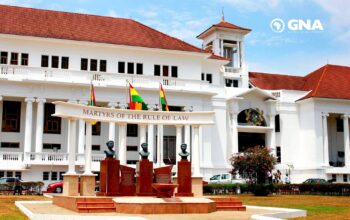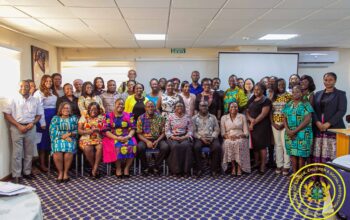In a pivotal legal decision, the Supreme Court has firmly rejected Speaker of Parliament Alban Bagbin’s application to overturn its earlier ruling regarding the status of four parliamentary seats. The controversy began when Effutu MP Alexander Afenyo-Markin challenged Bagbin’s declaration that these seats were vacant. The Speaker’s legal team argued that the Supreme Court did not have jurisdiction in this matter, but the Court, after careful consideration of all arguments, upheld its previous ruling, asserting that Bagbin’s appeal lacked merit.

Chief Justice remarks emphasized the Court’s commitment to judicial integrity, stating, “We have considered the application and have come to the conclusion that the grounds supporting the application have no merit.” This ruling comes at a crucial time when both sides in Parliament are vying for majority control, highlighting the broader implications of this legal battle on governance and representation. The Court’s decision reinforces its authority in navigating politically sensitive matters, ensuring that legislative duties are not disrupted.
Prior to this ruling, the Speaker’s counsel, Thaddeus Sory, sought to disqualify Justice Ernest Gaewu from the case, citing concerns over a potential conflict of interest due to Gaewu’s past as a parliamentary candidate for the New Patriotic Party (NPP). However, the Supreme Court dismissed this objection, demonstrating its confidence in the impartiality of its members. This move was crucial in maintaining the integrity of the judicial process amidst politically charged allegations.
On October 18, the Supreme Court had previously ordered that the four MPs be allowed to continue their duties while the case is resolved, effectively pausing Bagbin’s declaration made on October 17. As this legal saga progresses, it not only captivates public attention but also raises essential questions about the interplay between law and politics in Parliament. The eventual outcome promises to reshape the landscape of parliamentary representation and power dynamics in the country.








